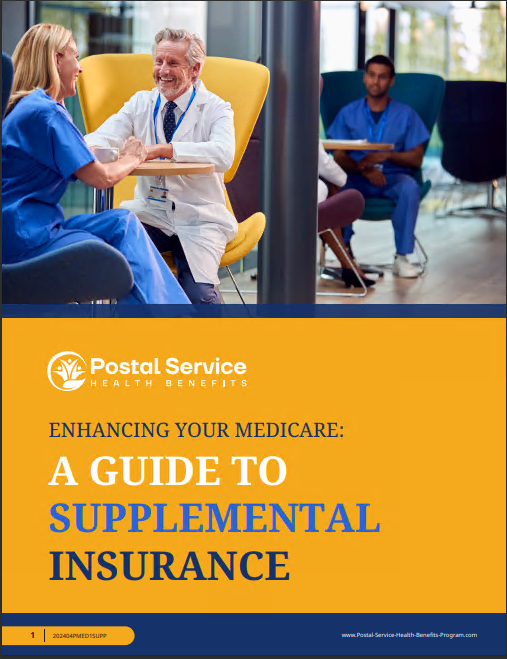Worst Medicare Advantage (Part C) Plans
While Medicare Advantage (Part C) plans offer comprehensive coverage and additional benefits beyond Original Medicare, not all plans are created equal. Understanding the potential pitfalls and drawbacks of Medicare Advantage plans is crucial for making informed decisions about your healthcare coverage. Let’s explore some of the worst Medicare Advantage plan scenarios to watch out for:
Understanding the Role of Licensed Insurance Agents
Licensed insurance agents are trained professionals who specialize in guiding individuals and families through the intricacies of health insurance options. With their expertise and knowledge of healthcare plans, insurance agents can assess your unique needs, provide personalized recommendations, and help you navigate the enrollment process with confidence.
1. Limited Provider Networks
Some Medicare Advantage plans restrict your choice of healthcare providers to a network of doctors and hospitals. While this can help manage costs, it may limit your access to preferred providers or specialists. Before enrolling in a plan, ensure that your current healthcare providers are included in the plan’s network, or consider whether you’re willing to switch providers if necessary.
2. High Out-of-Pocket Costs
While Medicare Advantage plans often feature lower premiums than Original Medicare, they can come with higher out-of-pocket costs in the form of deductibles, copayments, and coinsurance. Before selecting a plan, carefully review its cost-sharing structure and assess whether you can afford potential out-of-pocket expenses, especially if you require frequent medical care or expensive medications.
3. Prescription Drug Coverage Limitations
Many Medicare Advantage plans include prescription drug coverage (Part D), but the formularies and coverage tiers can vary significantly between plans. Some plans may impose restrictions on certain medications, such as requiring prior authorization or step therapy, which could affect your access to necessary medications. It’s essential to review the plan’s drug formulary and consider how well it aligns with your prescription needs.
4. Lack of Coverage for Out-of-Network Care
In some Medicare Advantage plans, receiving care from out-of-network providers may not be covered except in emergencies. If you travel frequently or prefer to see specialists outside of your plan’s network, this limitation could pose challenges and lead to unexpected expenses. Consider whether the plan’s network adequacy meets your healthcare needs, especially if you anticipate needing care outside of your local area.
5. Discontinuation of Benefits
Medicare Advantage plans can change their benefits and coverage each year, subject to approval by Medicare. While plans must notify enrollees of changes before the annual enrollment period, there’s still a risk of benefits being reduced or discontinued altogether. Stay vigilant about reviewing your plan’s annual notice of change and be prepared to reassess your coverage options if necessary.
6. Prior Authorization Requirements
Some Medicare Advantage plans require prior authorization for certain medical services or procedures, meaning you must obtain approval from the plan before receiving care. This process can be time-consuming and may delay necessary treatments or surgeries. If you anticipate needing specialized care or procedures, consider whether prior authorization requirements could impact your access to timely healthcare services.
7. Limited Geographic Coverage
Certain Medicare Advantage plans may have limited geographic coverage, particularly HMO (Health Maintenance Organization) plans that require you to receive care within a specified service area. If you relocate or spend extended periods away from your plan’s service area, you may face challenges accessing healthcare services or incur higher costs for out-of-network care. Evaluate the plan’s service area and consider whether it aligns with your lifestyle and travel plans.
Conclusion
While Medicare Advantage (Part C) plans offer valuable benefits and coverage options, it’s essential to be aware of potential pitfalls and drawbacks that could impact your healthcare experience. By carefully evaluating each plan’s provider network, cost-sharing structure, prescription drug coverage, and coverage limitations, you can make informed decisions about your Medicare coverage. Stay proactive about reviewing your plan annually, and be prepared to adjust your coverage as needed to ensure it continues to meet your healthcare needs.
Are you concerned about potential pitfalls in your Medicare Advantage plan? Connect with Licensed Agents listed on our website for personalized guidance and assistance in navigating your Medicare options. Don’t let uncertainty about your healthcare coverage hold you back–take proactive steps to ensure you have the right plan for your needs. Visit Medicare.gov for additional insights, resources, and tools, or access the LiteBlue USPS employee portal for additional resources and support.





